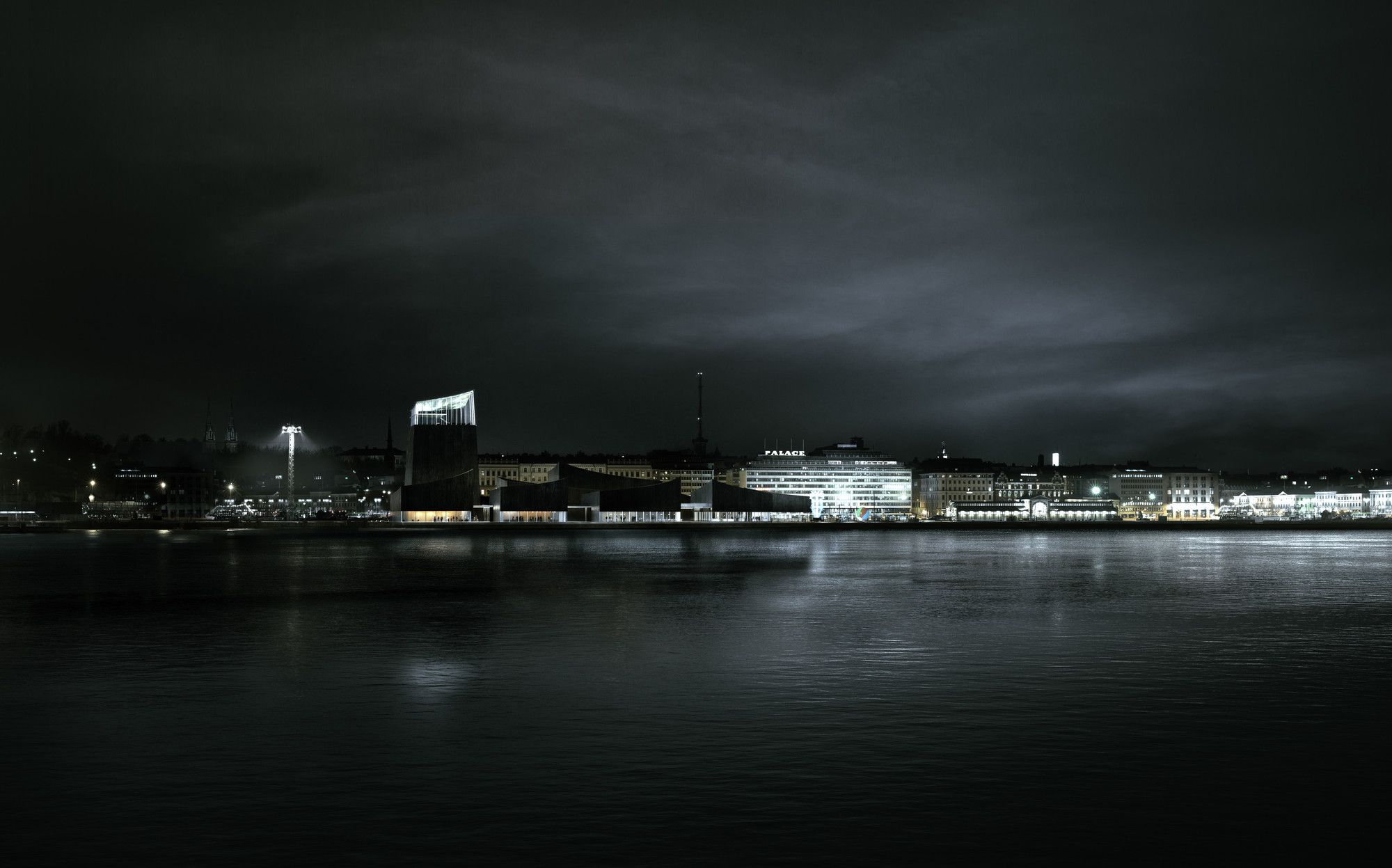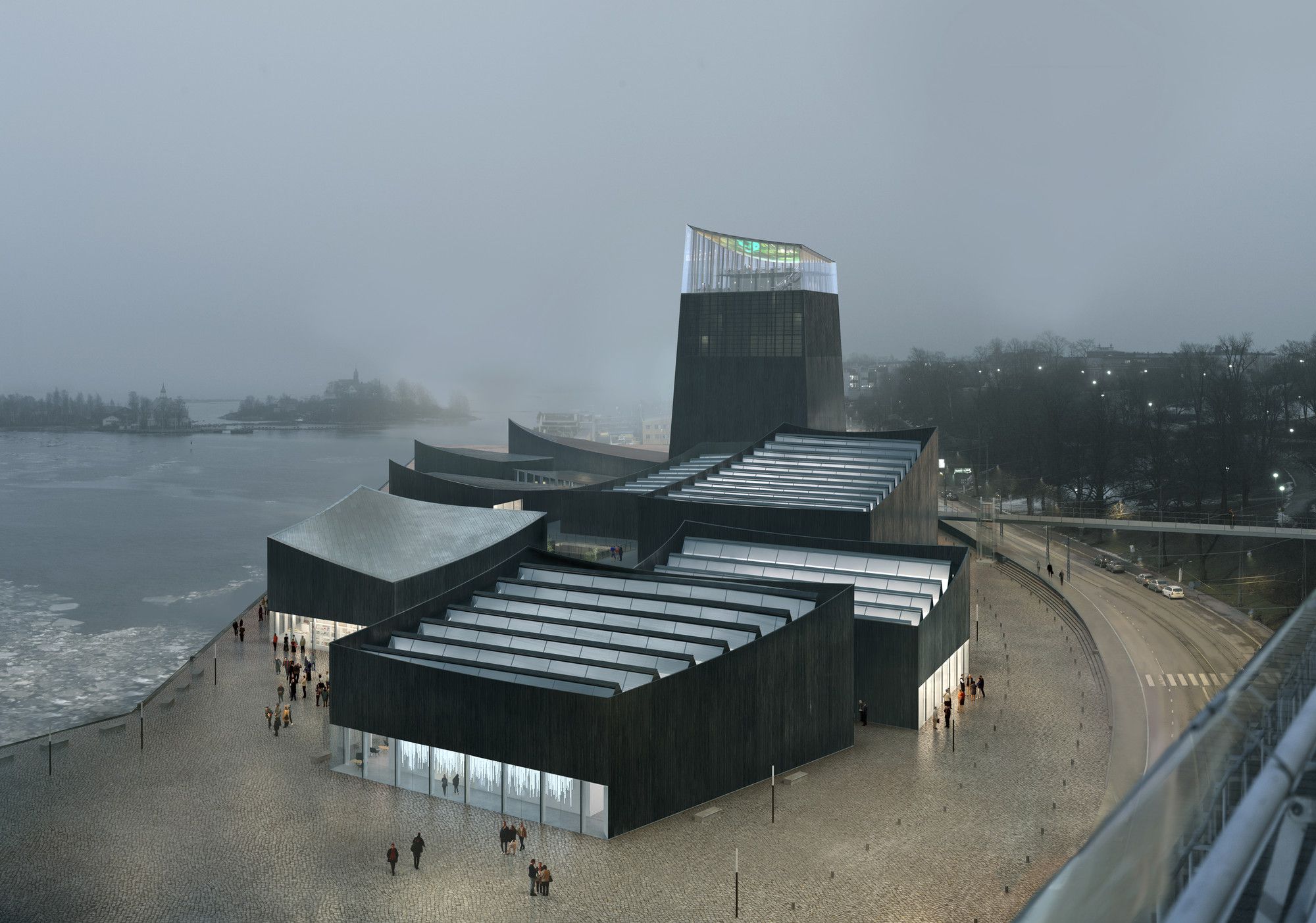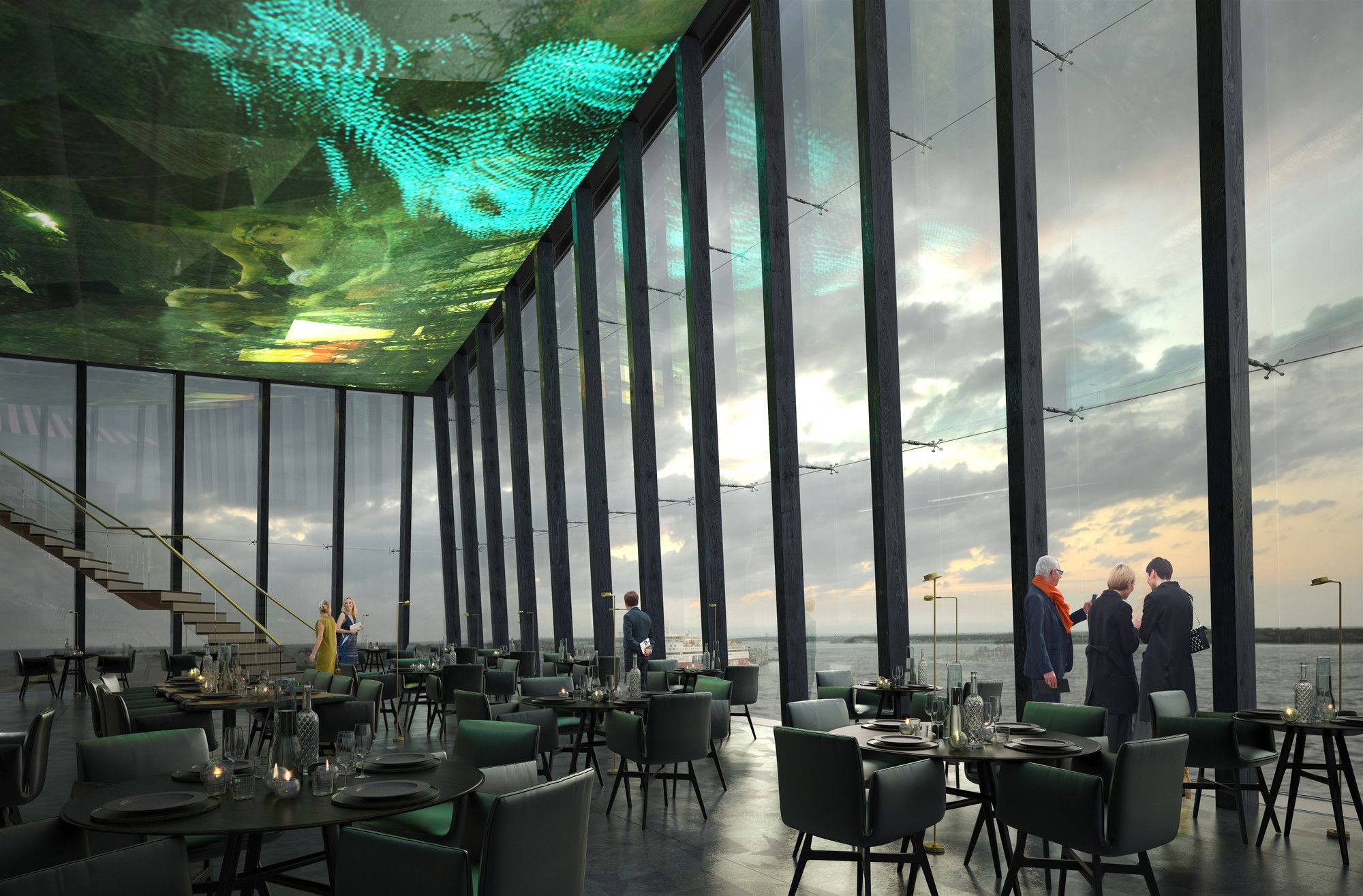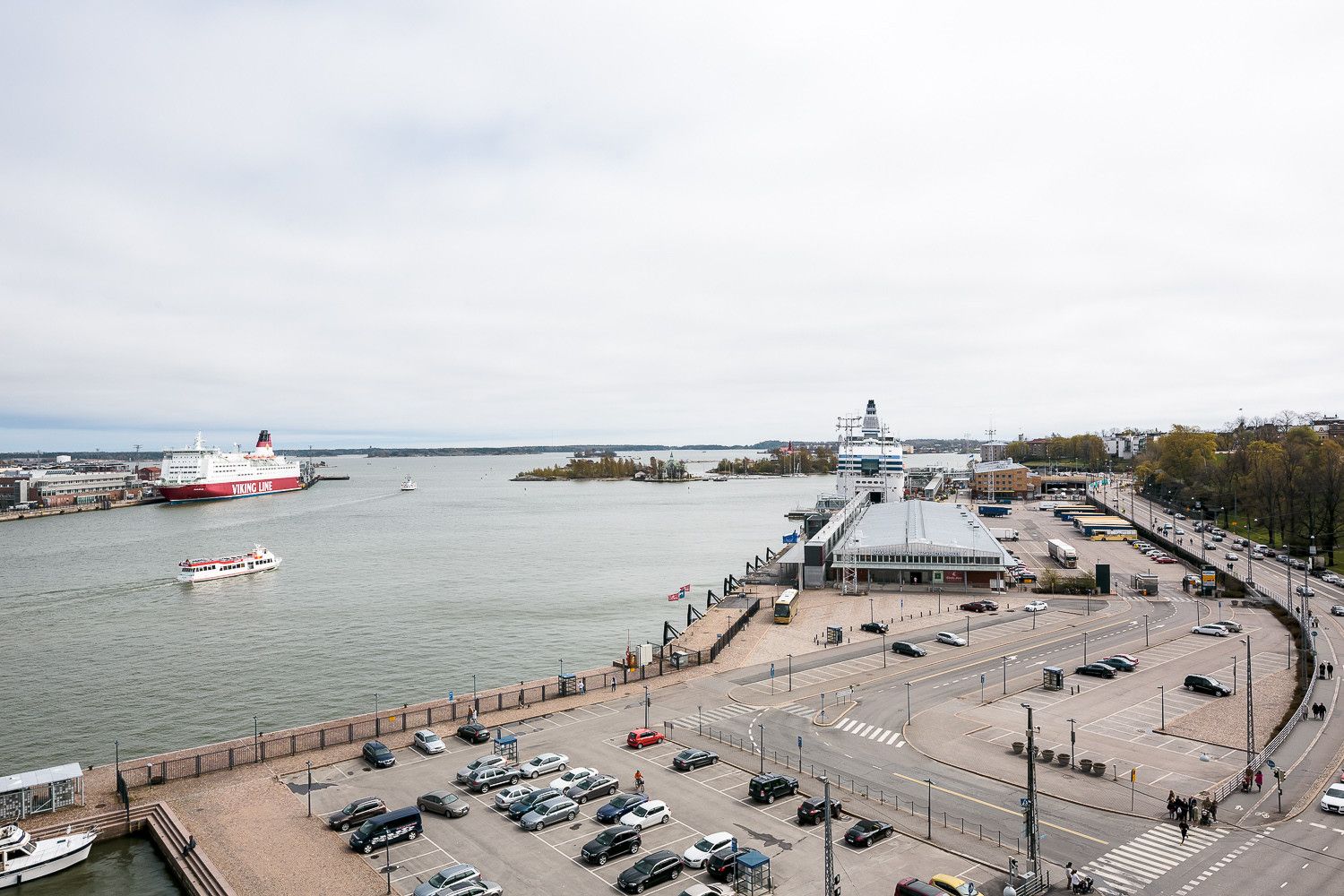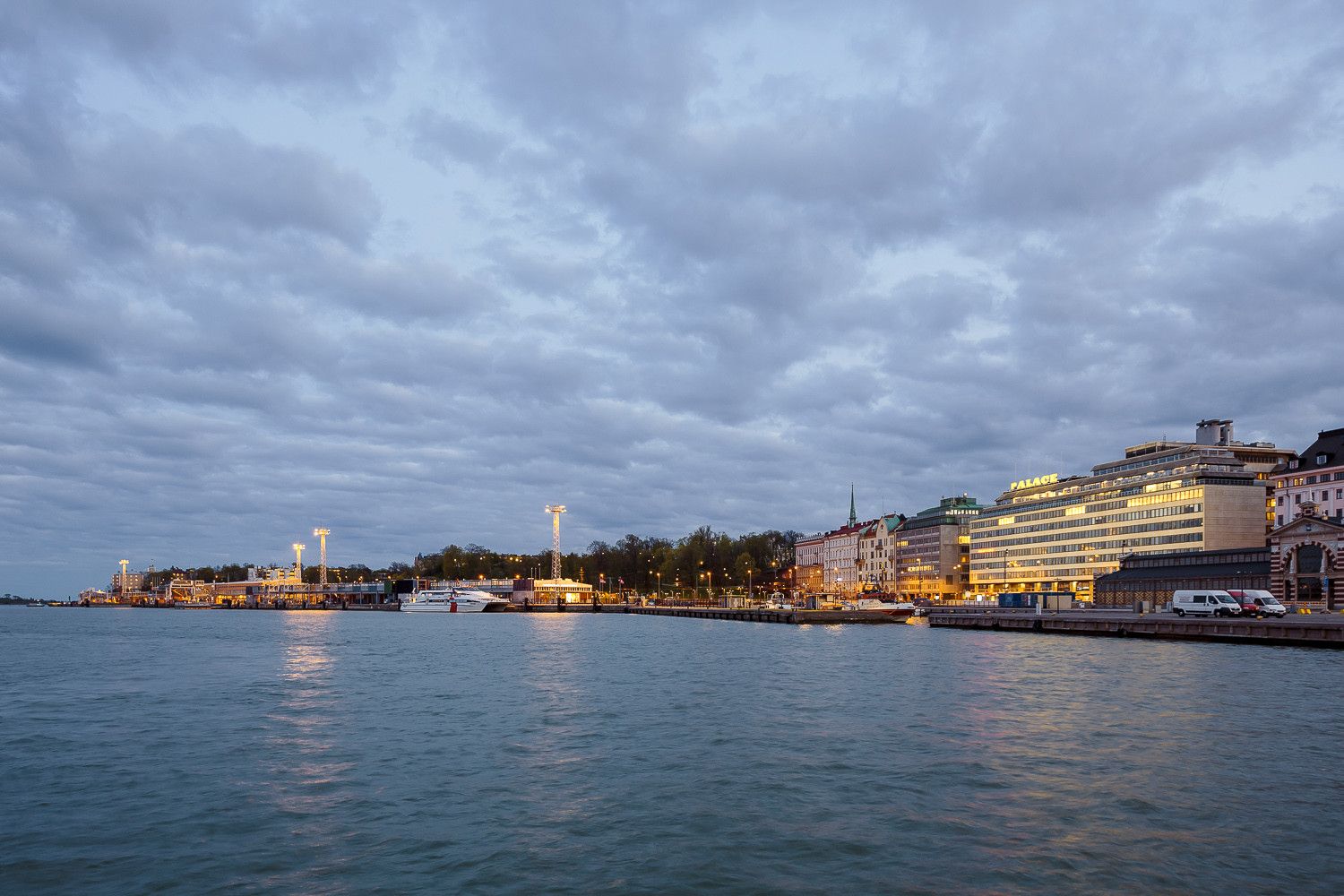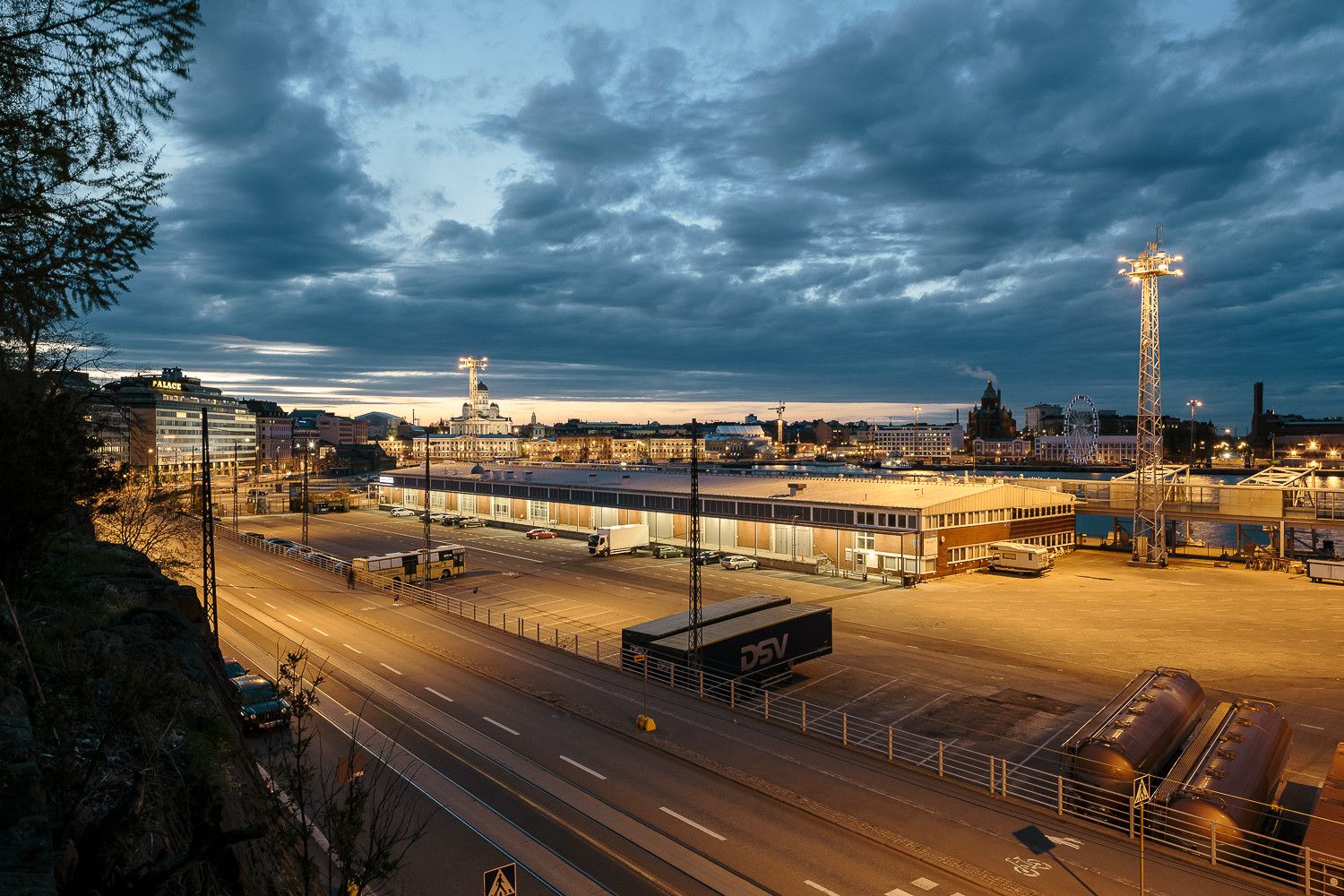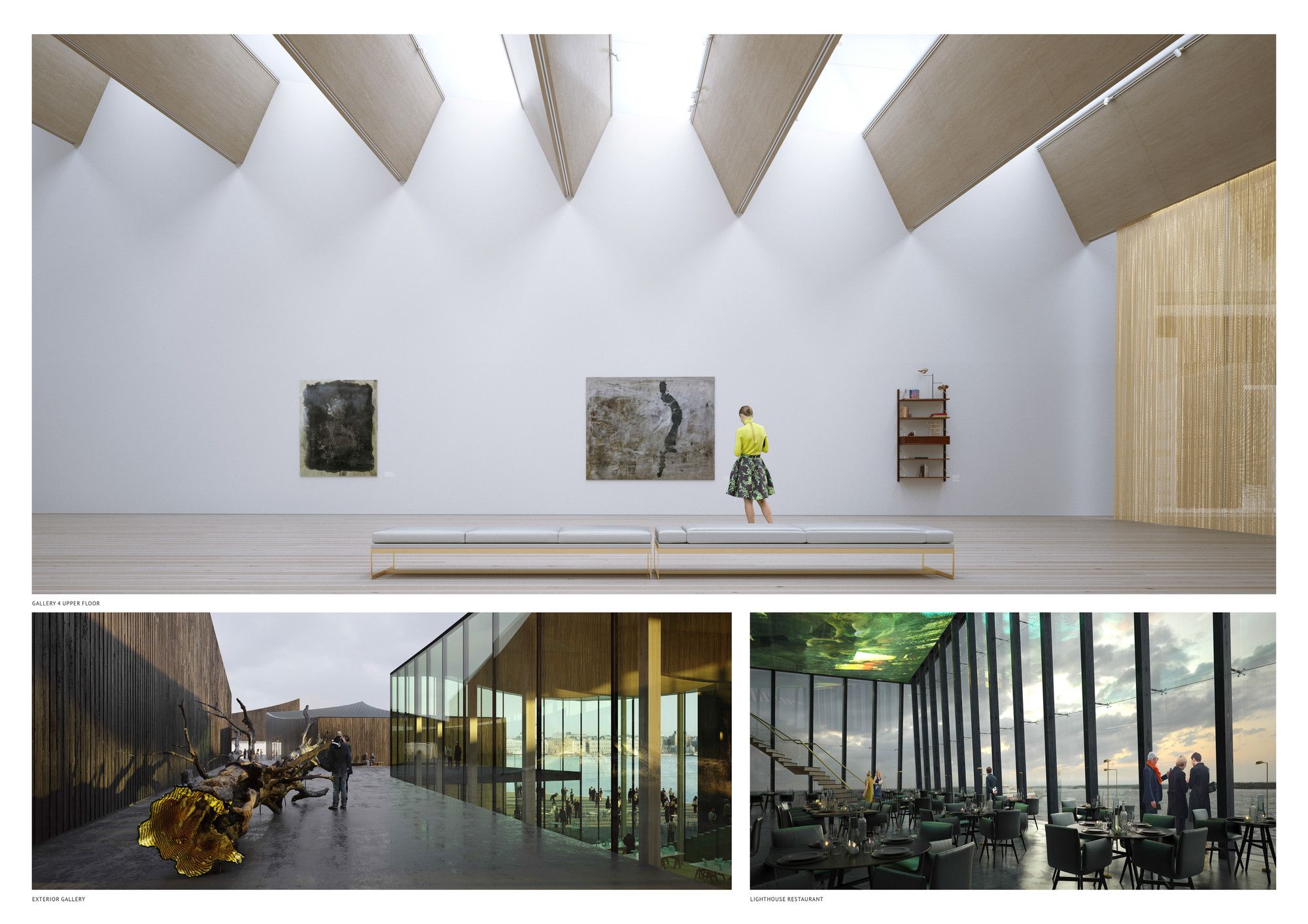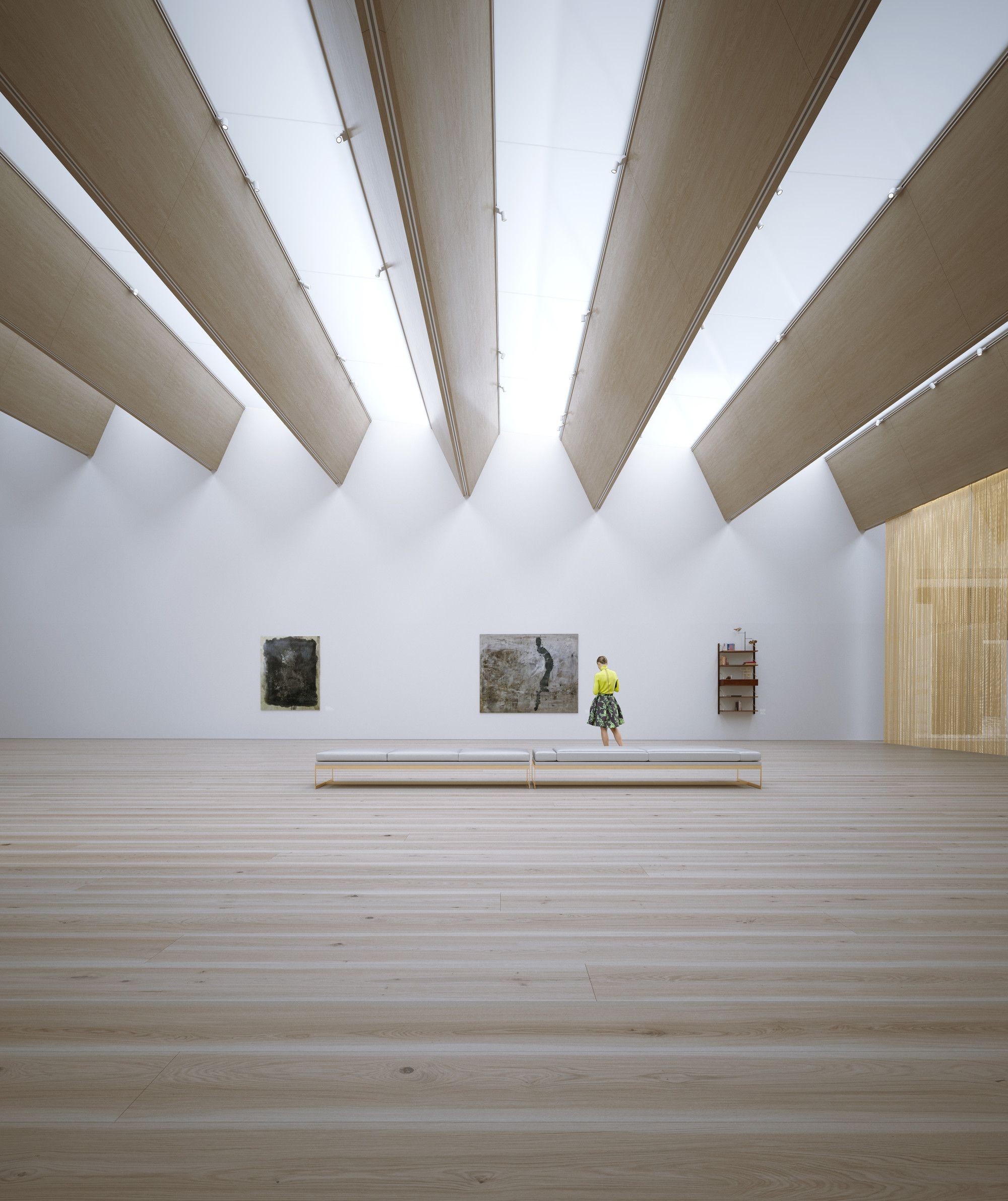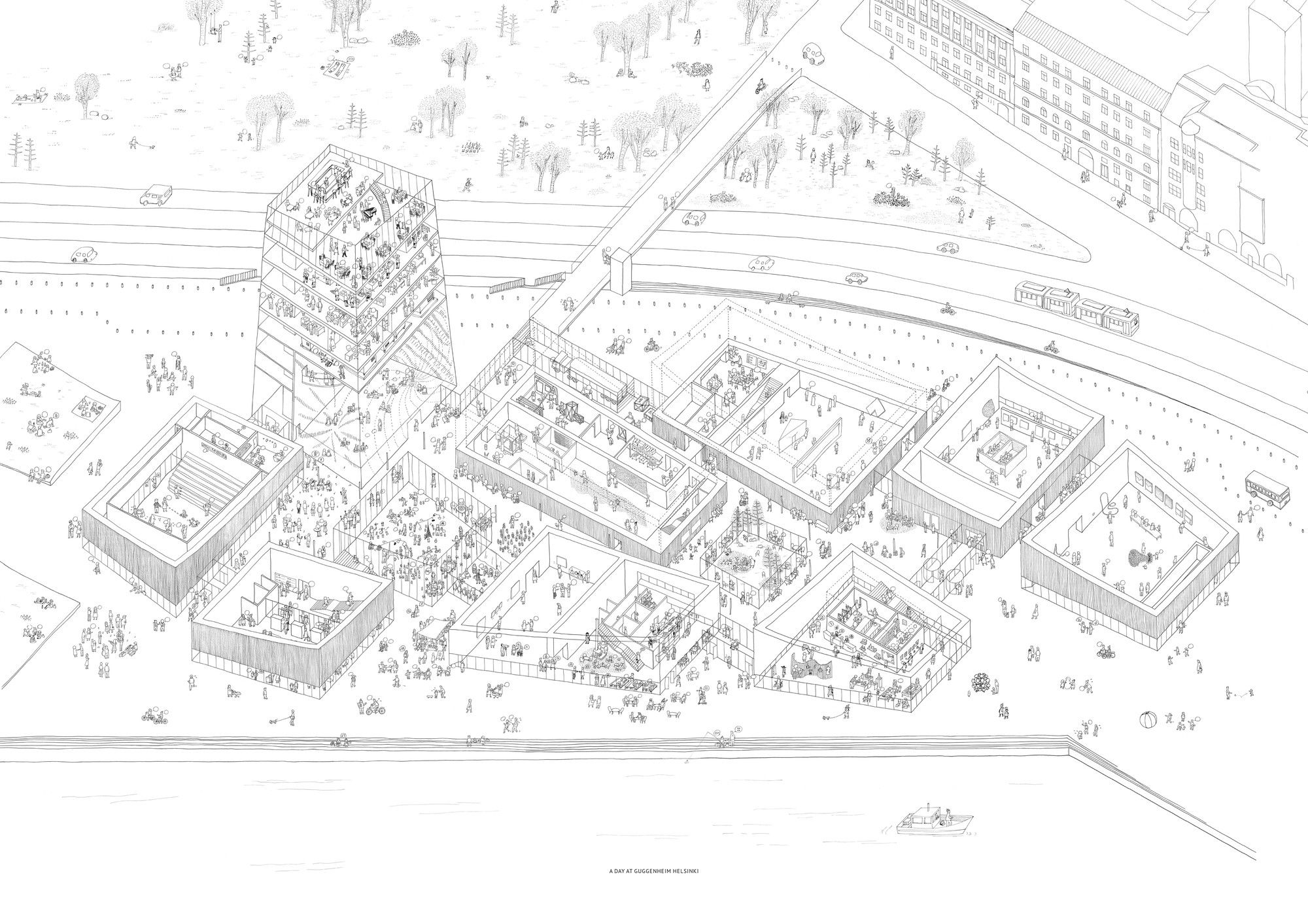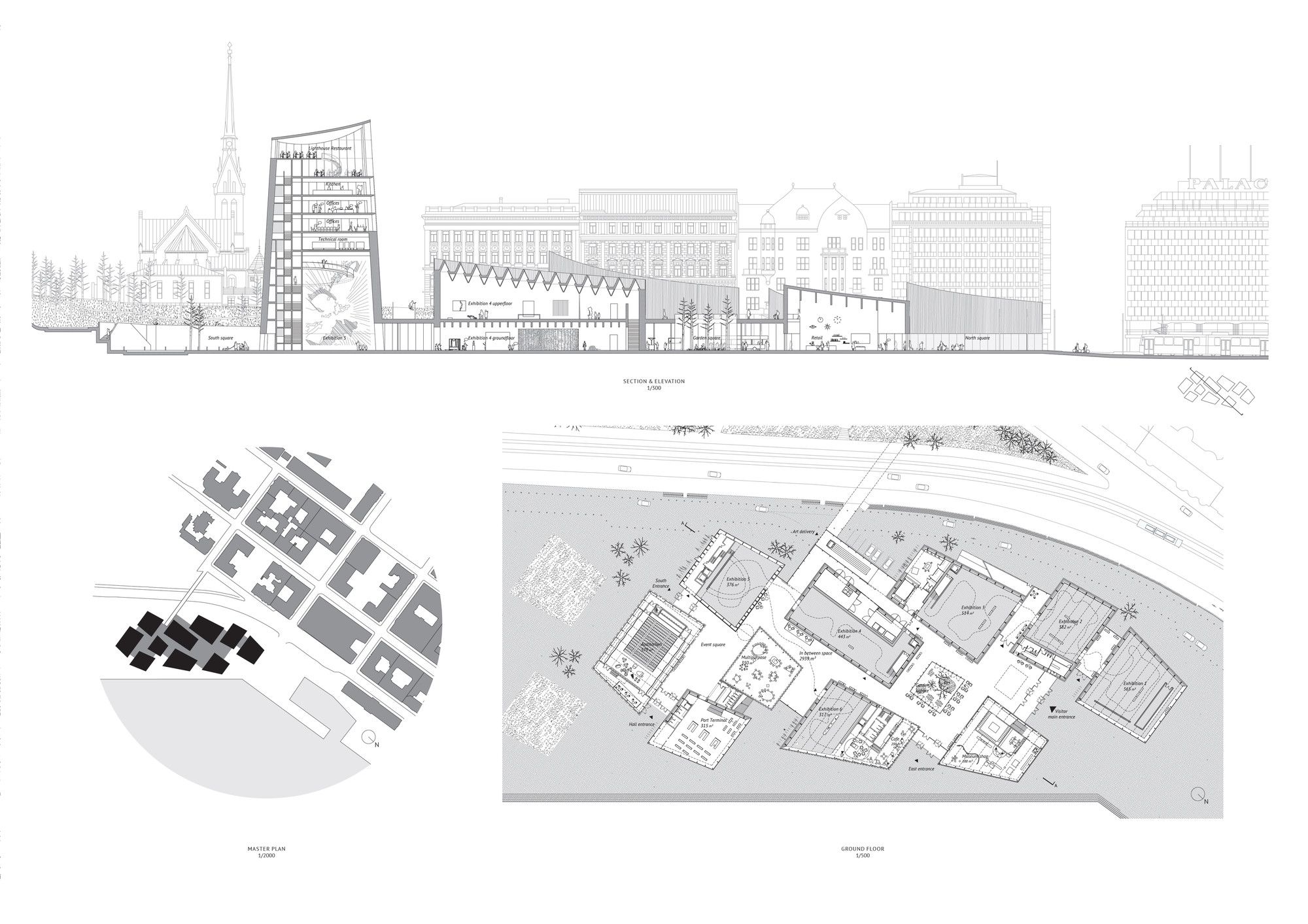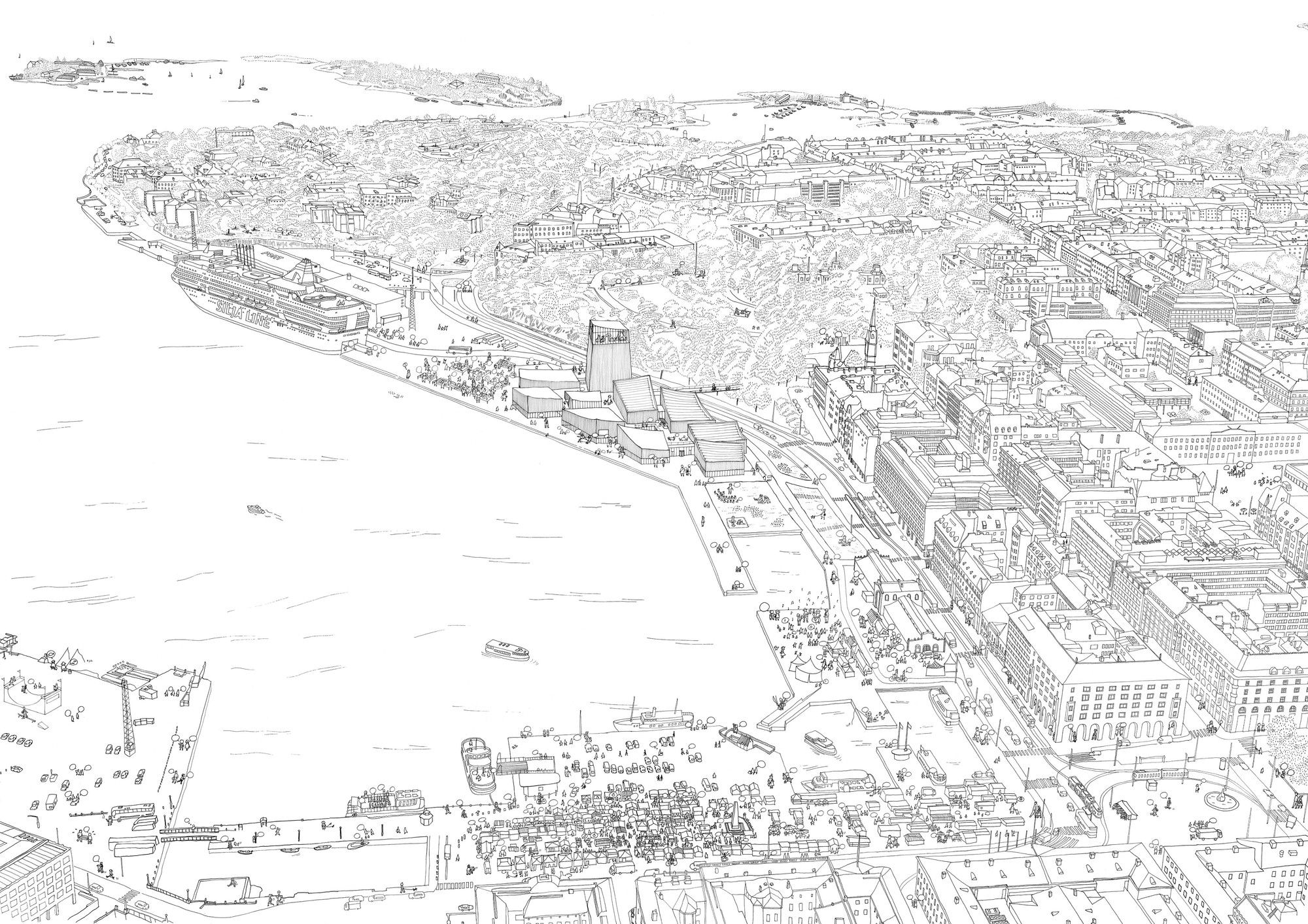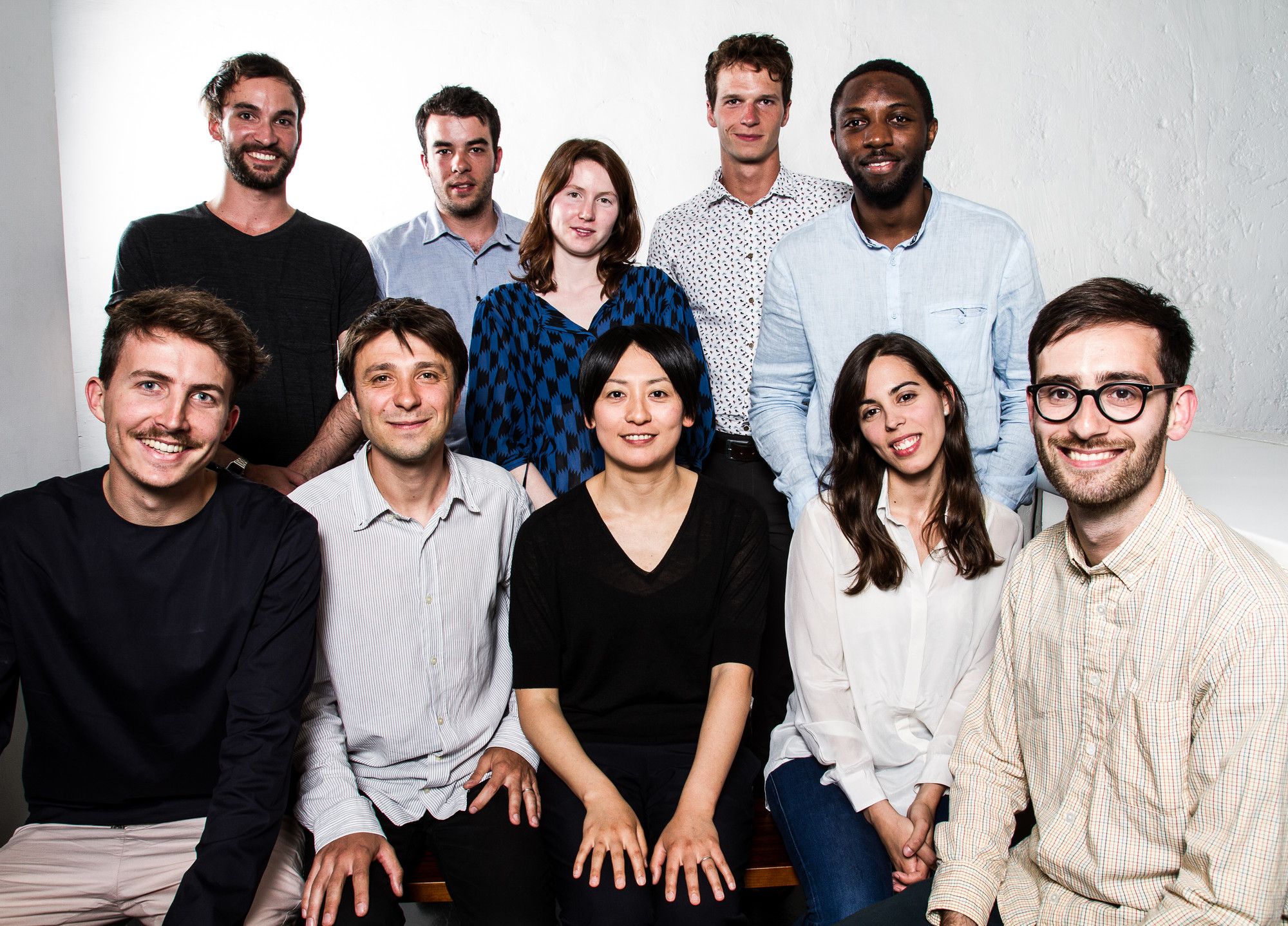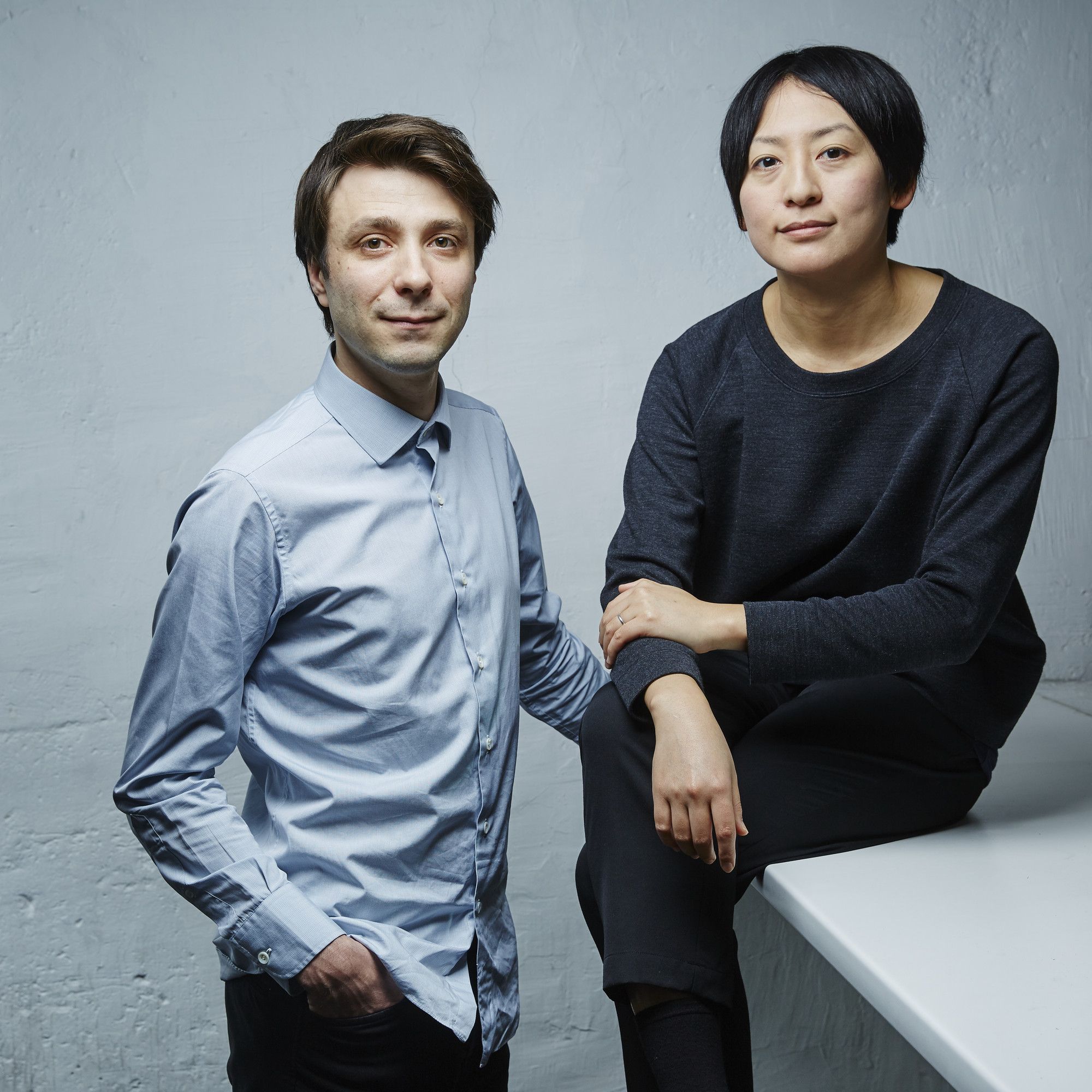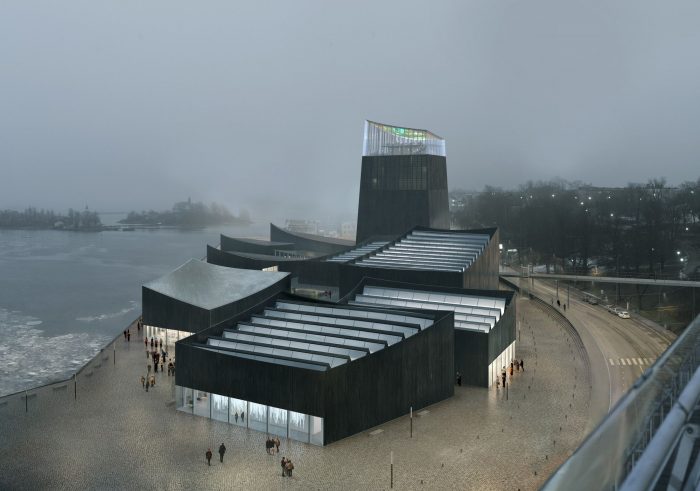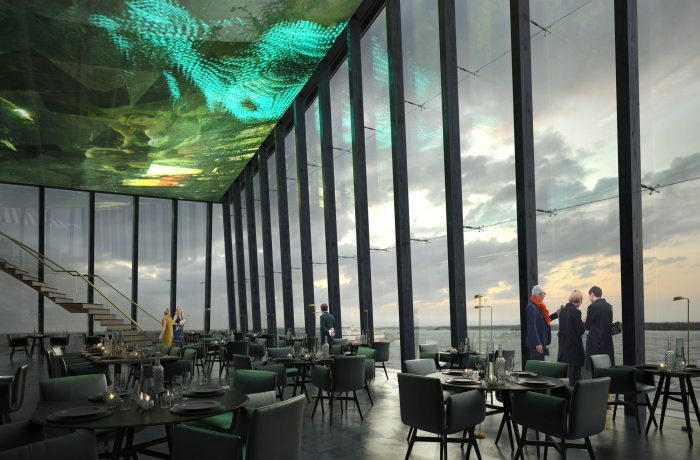Winner of Guggenheim Helsinki Design Competition
Today, the jury of Guggenheim Helsinki Design Competition has announced the winner of the competition,’Moreau Kusunoki Architectes’ from France, who was whittled down from over 1,751 entries submitted in the first phase of this competition. The competition was judged by an eleven-member panel including Studio Gang founder Jeanne Gang and Atelier Bow-Wow’s Yoshiharu Tsukamoto, and considered one of the most important competition in the last few years, was organized by the Solomon R. Guggenheim Foundation.
Moreau Kusunoki Architectes’ design comprises a collection of linked pavilions, each orientated to respect the city grid, and anchored by a lookout tower. The building would cohere around a covered street landscape that expanded and contracted according to its interaction with the discrete pavilions and is animated by different activities. Moreau Kusunoki Architectes was founded in 2011 by Nicolas Moreau and Hiroko Kusunoki. Prior to setting up studio, Moreau graduated from Ecole Nationale d’Architecture de Belleville in Paris and opened Kengo Kuma’s first French office in 2008, while Kununoki received her training at the Shibaura Institute of Technology in Tokyo and started her career at Shigeru Ban Architects.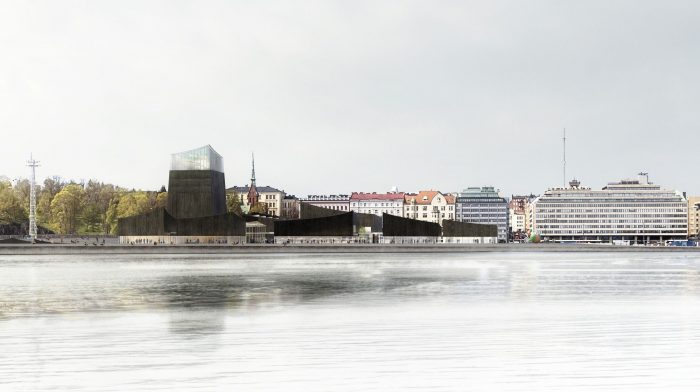
According to the Jury, “the design deeply respectful of the site and setting, creating a fragmented, non-hierarchical, horizontal campus of linked pavilions where art and society could meet and inter-mingle. The connections between the pavilions have been well considered to permit a continuous gallery experience, if required.”
The site proposed for the museum’s Helsinki outpost is in the city’s South Harbour area, close to the city centre. The construction bugdet is €130 million (£92.5 million) on a floor area of around 12,100 square meters, with 4,000 square meters of exhibition space. However, the New York Times mentioned that “it is still uncertain whether the design, by the relatively young husband-and-wife firm Moreau Kusunoki Architectes, founded four years ago in Paris, will be accepted by its surrounding city, which has been bitterly divided over the project, largely because of concerns over its price of about $147 million”
